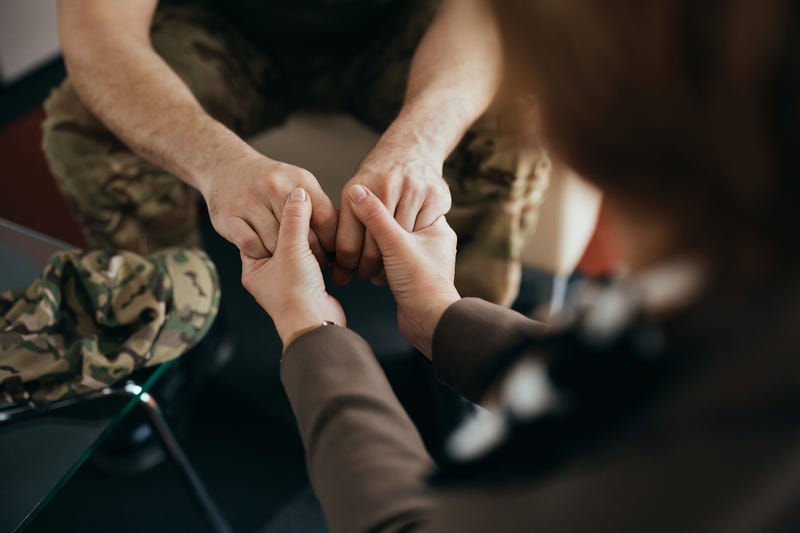
Recent polls and studies have found that Americans know little about the U.S. Military, especially when it comes to how they view veterans and PTSD. Now, advocates are speaking up.
Of the most common misconceptions about veterans is the number of those who suffer from Post Traumatic Stress Disorder, a “psychiatric disorder that may occur in people who have experienced or witnessed a traumatic event, series of events or set of circumstances,” according to Psychiatry.org.
According to a June 2021 Harris Poll, 67% of Americans think the majority of veterans have PTSD, and 74% think the same for the majority of combat veterans.
The poll also found that a quarter of respondents thought that people with PTSD were more prone to violence, something that is not true.
A recent report from the Epoch Times points to the inaccuracies and dangers of this misunderstanding, as in reality, the number of veterans who suffer from PTSD is 11%-20%, according to the VA.
While the Harris poll was conducted 18 months ago, the sentiment has not improved. A CVN Military 101 Survey from this past Veterans Day found that 55% of Americans think the majority of vets experience PTSD.
Cohen Veterans Network President and CEO Dr. Anthony Hassan spoke with PR Newswire about the importance of understanding and supporting veterans, and misunderstanding and mischaracterizations don’t help.
“It is a critical time for us as a nation to do all that we can in support of veterans’ mental health,” Hassan said. “Developing meaningful connections with those who have chosen to wear the uniform is a part of that.”
The report from the Epoch Times points to three dangerous misconceptions, including the number of veterans with PTSD, how people with PTSD are viewed, and the misbelief that PTSD is not treatable.
When it comes to PTSD, more than just military veterans are affected, with some studies finding that as much as 70% of the U.S. population has experienced traumatic events that could potentially cause PTSD.
Still, advocates like Hassan and others are pushing to break the stigmas surrounding veterans with or without PTSD.
“We know a lot of people that serve, and they serve well with PTSD. They go on to lead great lives and they get promoted. They do wonderful things,” Hassan said in an interview with Task and Purpose last year. “So, it’s just a myth that keeps on going despite all of the efforts. There is still a lot more work to be done.”


